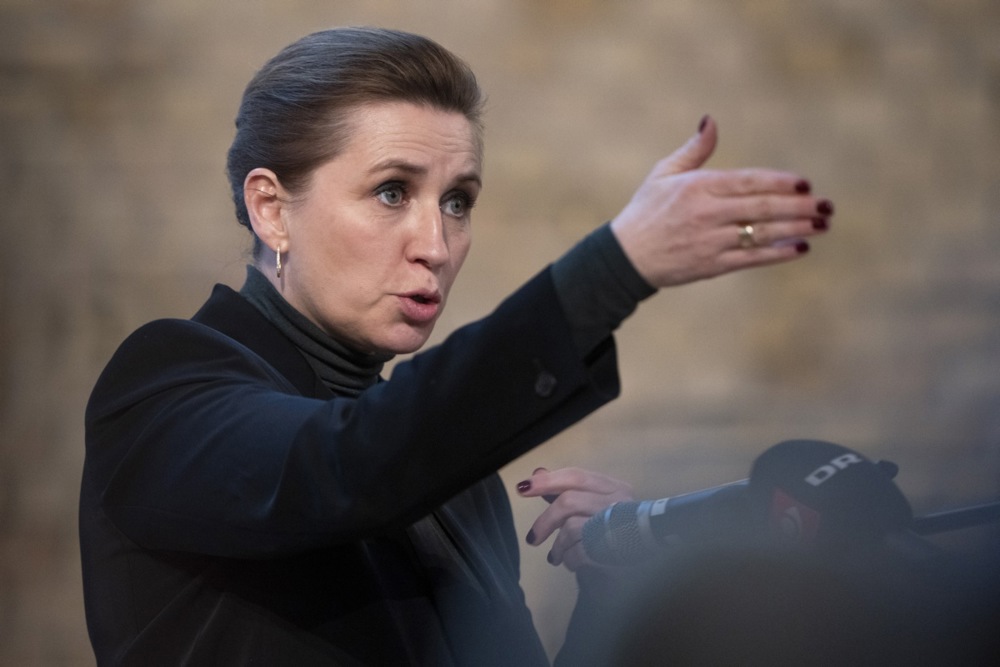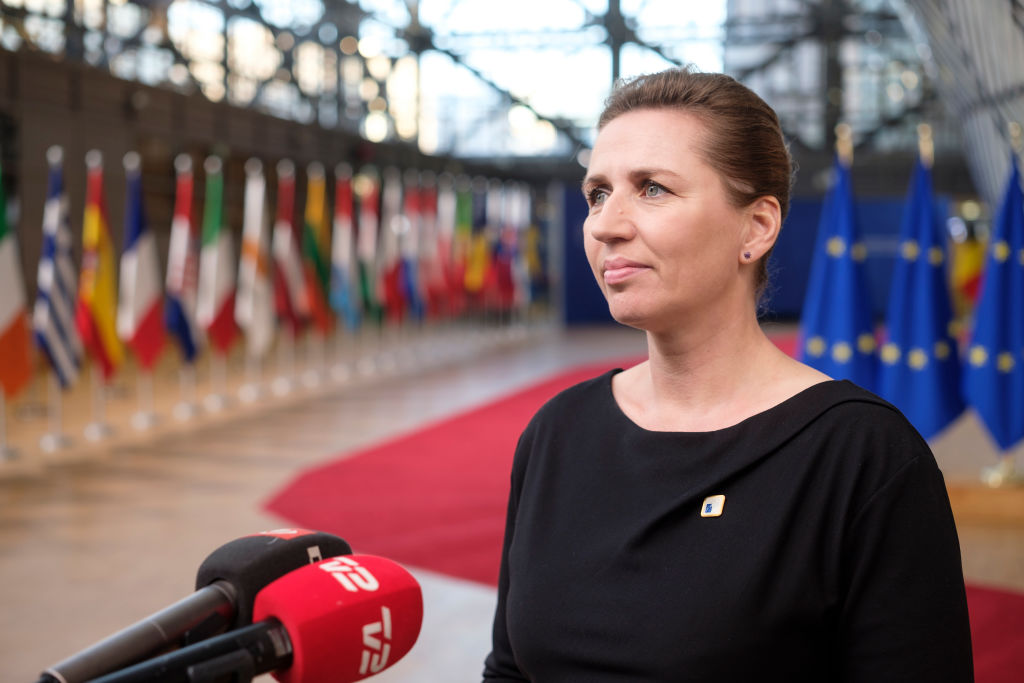French President Emmanuel Macron is facing criticism in Brussels and beyond for repeatedly speaking in the name of the European Union to advance what opponents call “personal” or “national” foreign policy ambitions.
“President Macron’s remarks in Greenland, claiming to speak on behalf of the European Union, are yet another example of how certain EU leaders misuse the Union to advance their own foreign policy ambitions,” Danish MEP Anders Vistisen told Brussels Signal on June 16.
He added: “Greenland is not part of the EU — and that is by deliberate choice … The EU has no formal competence over Greenland’s affairs, and certainly no mandate to speak on its behalf.”
The comments followed Macron’s stopover in Nuuk on June 15 — the first visit of its kind by a French leader — during which he declared his presence “a signal of France’s and the EU’s solidarity” with Greenland.
While Macron’s office described the visit as symbolic, critics saw a familiar pattern of overreach.
In France and elsewhere, the timing was also questioned. Few French citizens are focused on Arctic diplomacy while France faces simultaneous crises — including war in Ukraine, instability in the Middle East, domestic unrest and economic pressure.
Greenland’s main opposition party criticised the visit too, the BBC reported, accusing Copenhagen of using Macron’s stopover to bolster Danish prestige while sidelining Greenland’s role in shaping its own foreign relations.
Macron has faced growing scrutiny for spending political capital on international issues where France has limited direct involvement — and for repeatedly positioning France as Europe’s voice without consensus.
Observers say this approach echoes earlier controversies, including his self-styled peace mission to Moscow in February 2022. That last-minute trip — aimed at preventing Russia’s invasion of Ukraine — famously took place across a 13-foot table due to COVID precautions, and ended in failure.
A behind-the-scenes documentary cited by Politico captured a phone call in which Putin bluntly dismissed Macron. The episode was seen as a humiliation in Paris and, according to diplomats, fuelled persistent rumours in Brussels that Macron took the rebuff personally.
“This episode where Macron, thinking he could speak ‘man-to-man with Putin’, wanted to solve the crisis before it occurred, ended up in humiliation in Brussels,” one EU diplomat said.
Since then, Macron has doubled down on high-profile diplomatic initiatives — often presenting them as EU positions. France’s unique role as the EU’s only nuclear power and permanent UN Security Council member has increasingly become central to that image.
This spring, he raised eyebrows in Denmark and Poland after suggesting France could extend its nuclear deterrent to protect other European countries, calling it a “strategic dialogue” on nuclear defence.
Danish officials, while open to discussions, emphasised the importance of NATO cohesion and the US-led deterrence umbrella. Analysts noted Macron’s remarks were not coordinated with allies.
Vistisen, a member of the right-wing Danish People’s Party, said Macron’s Greenland comments fit a pattern: “These kinds of gestures may play well in Brussels or Paris, but they undermine the sovereignty of the Danish Realm and the autonomy of Greenland.”
Greenland opposition leader Pele Broberg was more direct. “We welcome any world leader, anytime,” he said. “Unfortunately, it doesn’t seem like a visit for Greenland this time. It looks like a visit for Denmark.”
Prime Minister Nielsen, however, welcomed Macron’s comments. “France has supported us since the first statements about taking our country came out,” he wrote on Facebook. “It is both necessary and gratifying.”
Macron’s remarks followed a speech at the UN Oceans Conference in Nice, where he declared: “The ocean is not for sale, Greenland is not for sale, the Arctic and no other seas are for sale.”
The visit came amid renewed pressure from US President Donald Trump, who has said the US “needs Greenland” for national security and has refused to rule out force to secure it — or Canada.
Latest polls showed most of Greenland’s 56,000 residents supported full independence from Denmark but not integration into the US, according to The Guardian on June 15.
Greenland, a self-governing territory within the Kingdom of Denmark, controls domestic affairs while Copenhagen handles defence and foreign policy. It was the first region ever to leave the European Economic Community, in 1985.
“Greenland is not part of the EU — and that is by deliberate choice,” Vistisen stated. “It was the first territory ever to leave the European Economic Community … that decision deserves respect, not symbolic overruling through misguided ‘EU diplomacy’.”
The visit also came as the EU accelerated efforts to secure access to critical minerals.
On June 4, the bloc announced 13 new raw material projects outside the EU, including an investment in a Greenland graphite mine. That was part of its broader push to cut reliance on China and strengthen strategic autonomy in energy, defence and aerospace.





